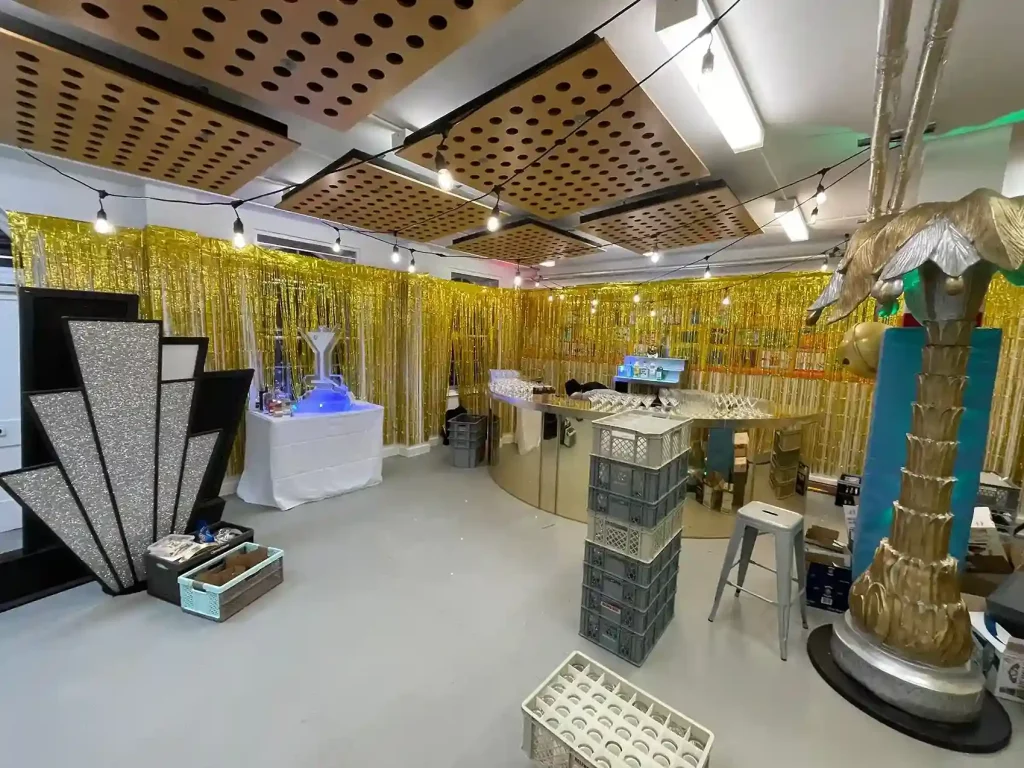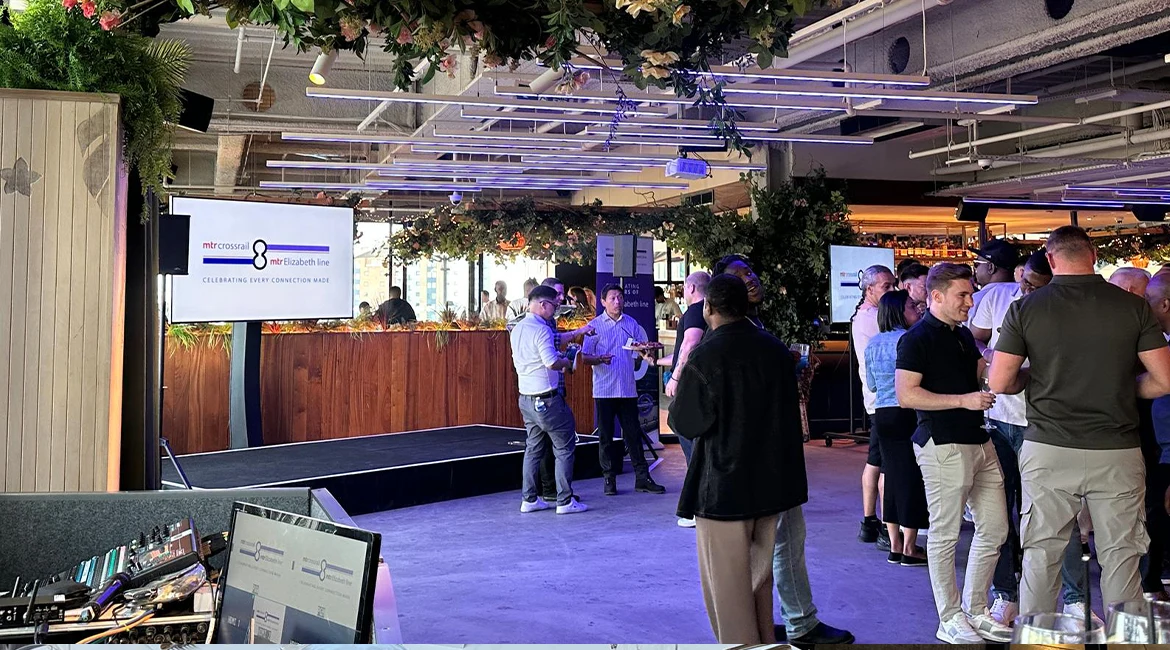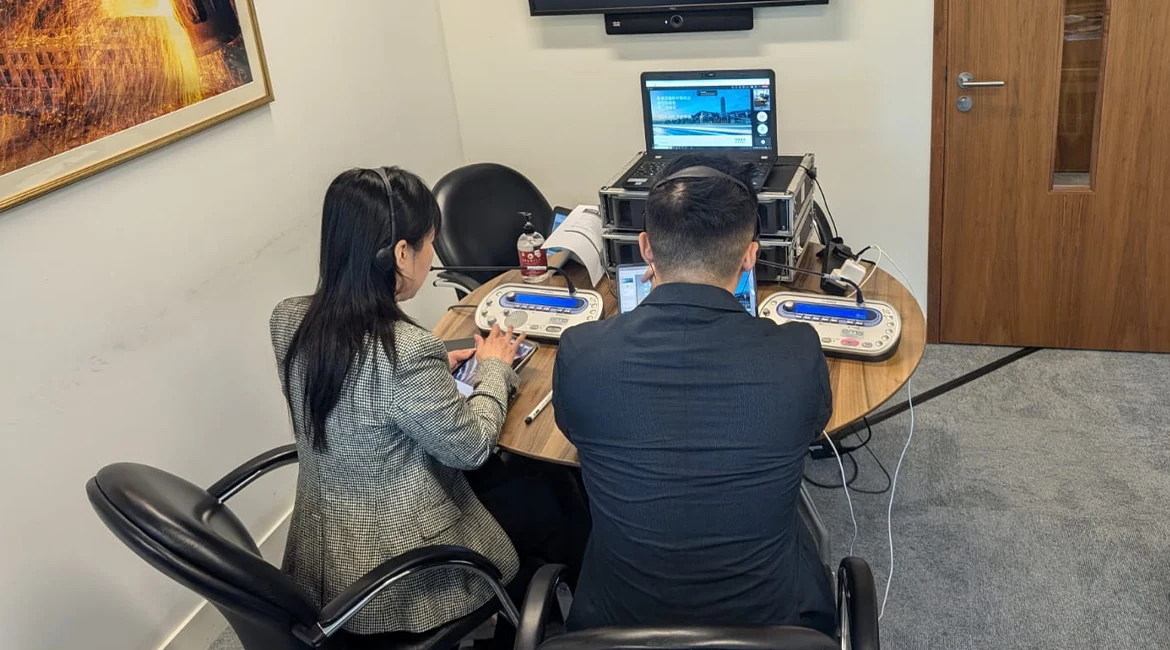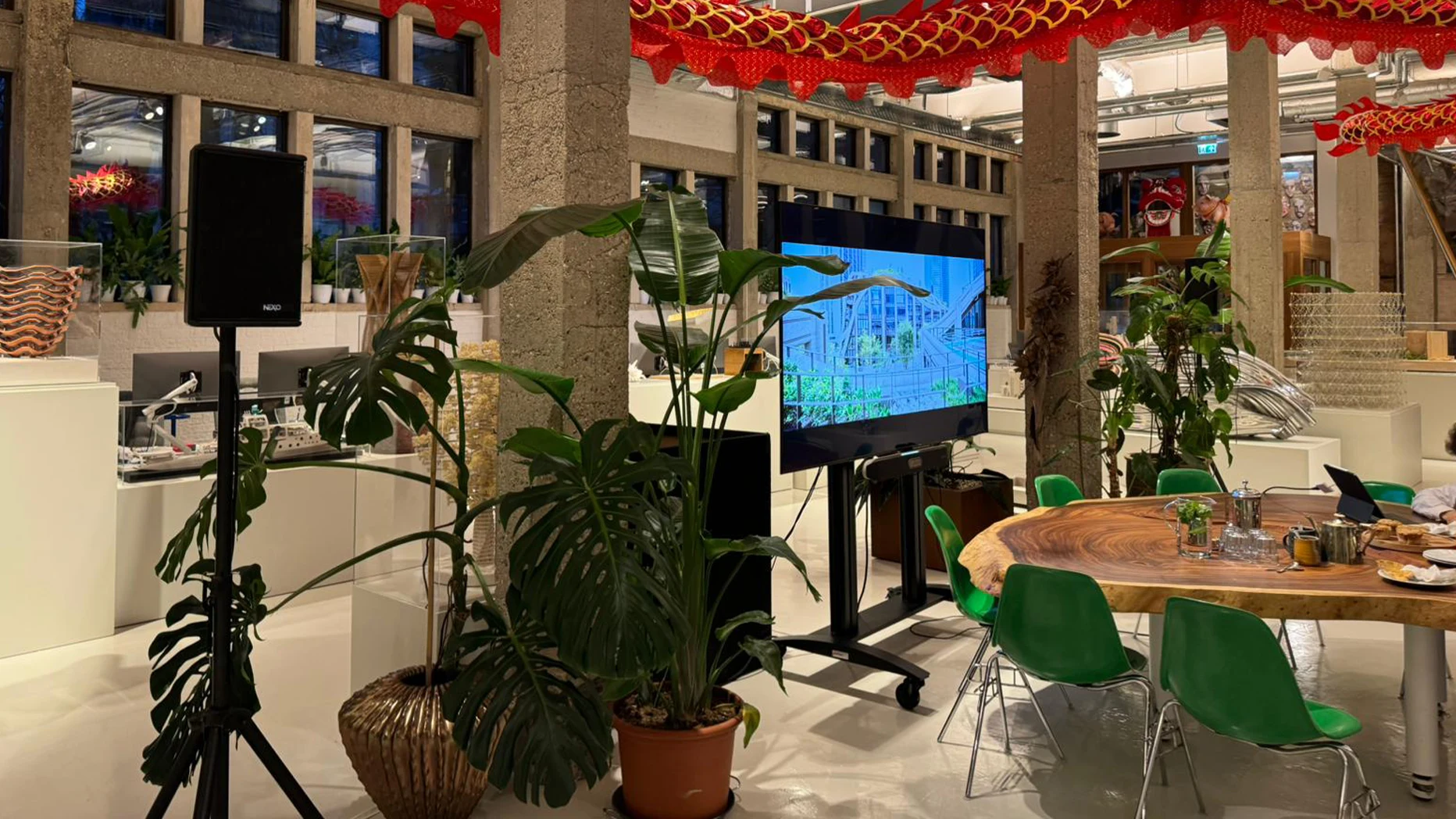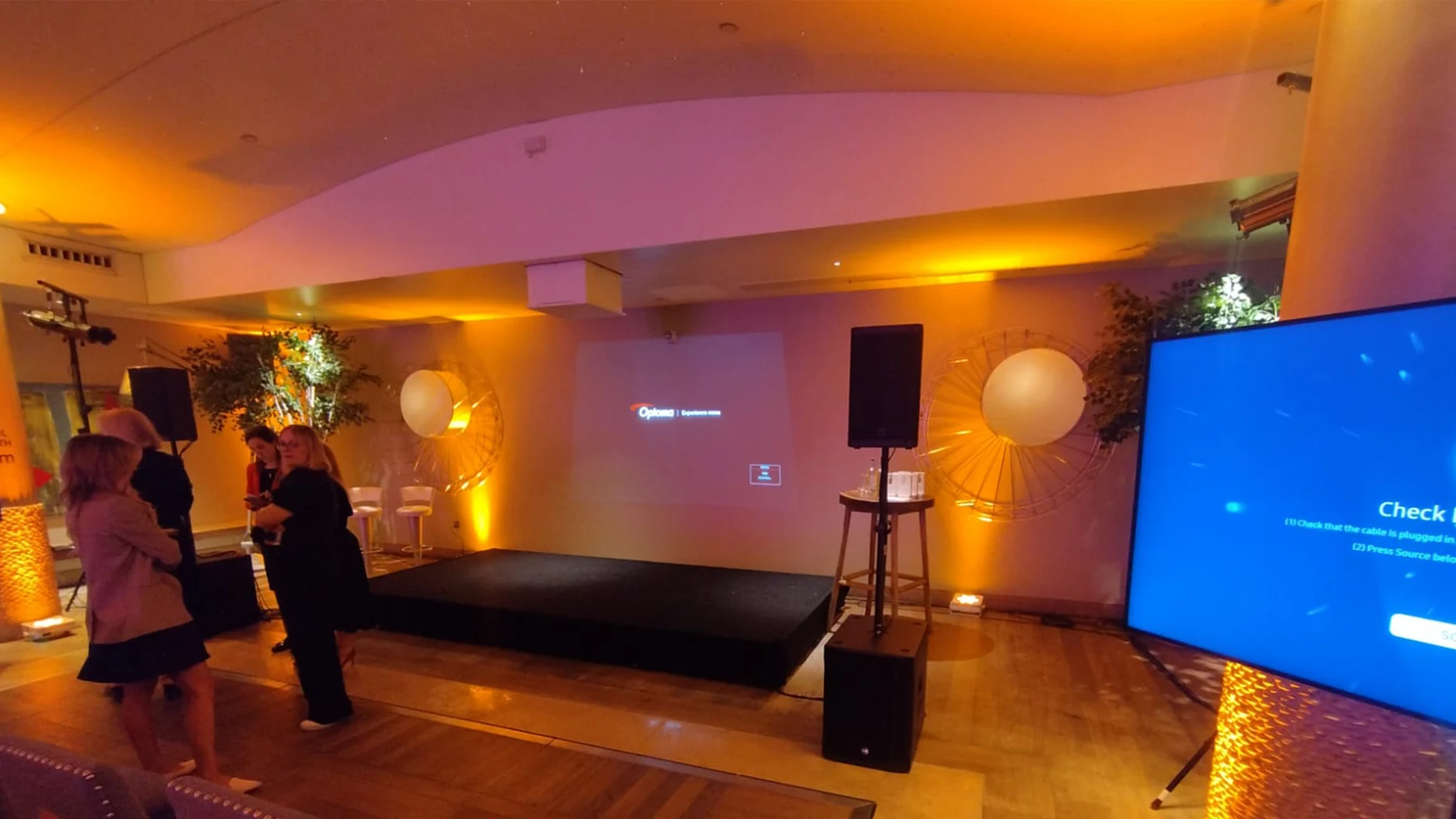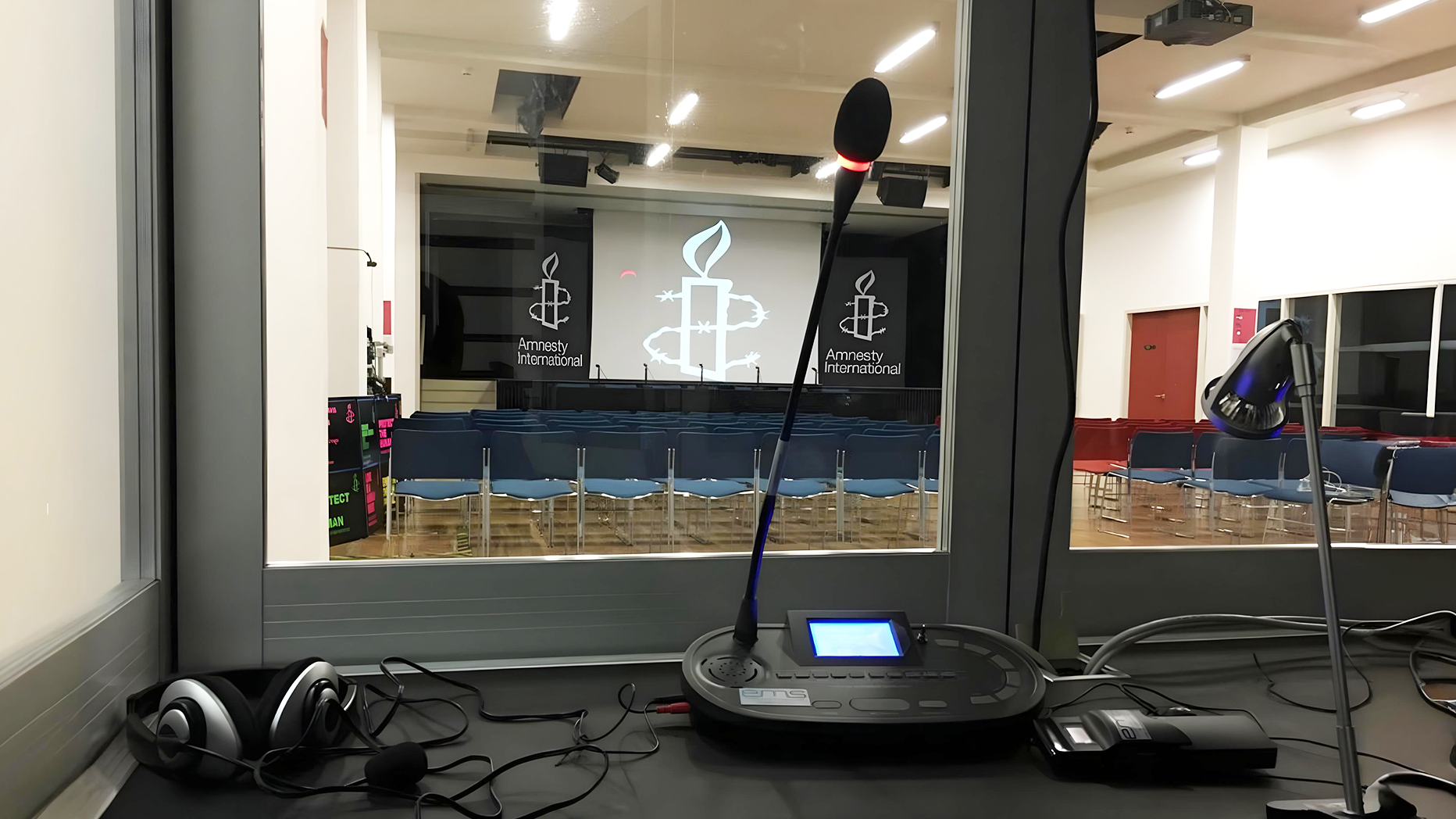Planning a cultural event and need help figuring out where to start and turn your creative event into a huge success? Well then, don’t worry. We have laid a roadmap to help you transform your creative vision into life.
10 Steps To Plan A Successful Cultural Event
This complete and brief guide provides a clear roadmap, breaking down the process into manageable steps. So, let’s get started.
Step 1: Planning out Cultural Event Ideas
Before starting event planning, research to ensure everything you are starting on the track. No matter what you are planning for, follow these steps to:
Identify The Target Audience And Analyse Preferences
What would be your primary audience at the cultural event? For example, are the students, foreigners, or the local community? Ask yourself self following questions:
- Who will attend this event?
- What are their interests?
Understanding your audience will help you plan an event they would enjoy.
Set Clear Goals And Objectives
Although you must already know the goals of the cultural event, defining and stating them in the SMART way is an important step. Define what you want to achieve there. Is it cultural awareness, community engagement, or fundraising?
Research and brainstorm cultural event ideas
You can research and even survey the trends of that culture. Learn what music, art, or food is more popular there. Then, brainstorm and research unique ideas for hosting a unique cultural event.
Determine The Budget And Resource Allocations
It is time to determine your budget for the lavish cultural event. Try to
- List all your expenses, venue performances, equipment, and food.
- Explore available resources like volunteers or community donations.
Step 2: Secure Funding & Sponsors
Whether it’s a business event or any other event, money is crucial for bringing any event to life. Here are some ways to save some bucks and raise a reasonable amount of funds.
Get Sponsorship deals
Partner with local businesses, cultural organisations, or big-name brands. Show them how supporting your event benefits their image.
Crowdfunding campaigns
Use platforms like GoFundMe to share your story and motives and get public support.
Apply for Grants
Some NGOs offer financial support; thus, research cultural event funding opportunities in your area and secure one.
Step 3: Choosing Venue And Stage Rental For Your Cultural Event
It is very important to choose your venue wisely, as the right venues set the tone and vibe of any event. A great place will set the scene and help you set the excellent stage for your event’s success. To help you choose the right venue, below are awesome factors you should consider
- Audience capacity
- Prime location
- Facilities availability
- Its atmosphere
- Its rental price
Why Hiring Stage Rental is Important For Cultural Events
The second most important thing here is to choose the best stage rental. They are the backbone of any great event. The stage is a place that will allow people to perform speech and is the central point of attention.
Moreover, a proper stage improves visibility and makes acts look more professional. Sound-stage hire companies often bundle up their other services like sounds or lighting. It would be a wise decision to check before purchasing.
Step 4: Decoration Ideas For Cultural Events
The decor sets the mood, showcases the event theme, and allows you to be creative and bold.
Colours
Try to pick bold and meaningful colours tied to the cultures. For example, you may choose red and golden for Asian inspired themes or vibrant greens for African traditions.
Lightings
Use lighting creatively. There are a number of lighting options available in the market, though the most popular ones are the following:
- Spotlights
- Uplights
- LED lights
They add details to any craftwork and set the mood. Further, you can even use a combination of them.
Cultural Wall Murals
Are you hosting a cultural event and still haven’t decorated the cultural murals? Graffiti has strong roots in all cultures; thus, do your best to pick iconic or famous wall art and include it in your cultural event. Moreover, you can add LED video walls to showcase it more interestingly.
Symbolic Decorations
Symbolic decorations would help you engage with your audience as it shows how much you value the minor details. Thus, show items like traditional crafts, flags, or textiles and bring the culture alive.
Interactive Decorations
Last but not least, you may try fooling to engage and connect with your audience more interestingly:
- Set up cultural photobooths with themed backdrops.
- Include hands-on activities like crafts or painting stations.
Step 5: Programming A Cultural Event
A cultural event must be fun at all times. Thus, when organising the event, schedule performances, activities, and craft shows. This will help you organise things, track schedules, and celebrate diversity.
Some of the most fun ideas for cultural events are:
- Dance shows
- Live music
- Art displays
- Workshops to learn new things
- Cultural games
Overall, it will help you connect with your audience. Moreover, a well-planned program ensures everyone is engaged and entertained.
Step 6: Marketing And Promoting The Cultural Event
The next step is to consider marketing, which is the key to any event’s success. Plan and consider how you want your audience to know about your event. What should be the campaign and story?
Utilise Marketing Channels
Moreover, use mixed channels to reach the widest audience, like:
- Social media share sneak peeks, countdowns, and behind the scenes on Instagram.
- Spread the word among multiple community networks.
- Partner with schools, cultural events, and influencers to spread the word.
- Create eye-catching posters and flyers for public space.
- Lastly, connect to news channels for better coverage.
Step 7: Managing Logistics & Volunteers For Cultural Event
Logistics are the behind-the-scenes details that make your event run smoothly. Think of it as setting up the tools your event needs to succeed. Below are some of the boxes you need to tick
- Create a checklist of all the items you need, like (AV)audio visual hire, lighting permits, tables, chairs, decorations, and food setups.
- Hiring vendors for food stalls and artists.
Get in contact with the event organisers or exhibition hires to manage this all for you. Some of the best companies, like the AV Productions, even offer free logistics.
Recruit Volunteers
Volunteers are key. They can help with registrations, welcome guests, and manage essential tasks to control the crowd. They should also keep an eye on the event’s tidiness.
Having a table or tent where all the organisers and volunteers can be managed would be a good idea. Also, hold a quick volunteer briefing on event day so everyone is on the same page.
Step 8: Foster Community Engagement
A cultural event should be where everyone can belong and feel connected. So try your best to make it fun and interactive for all ages. For this purpose, try the following:
- Costume contests
- Cooking challenges
- Dance-offs or talent shows showcasing talent.
Workshops & Community Spaces
Further, you can even host classes and workshops for cooking, crafts, and music leading up to the events. Set up community zones for activities like storytelling, cultural games, art displays, and much more. It is also a nice way to offer relaxing places for families.
Tip: Use social media or posters to spread the word about competitions or workshops beforehand to encourage participation.
Step 9: Day Of Coordination
The big day is finally here, and our planning has been good so far. The key to ensuring everything goes well is to stay organised, keep backups, and be ready for everything.
Create a Schedule
From setup in the morning to closing speeches, make a timeline for everything:
- Performer sound checks
- Vendor setup times
- Activity start times
- Breaks and slots
Assign Team Roles
Everyone on your team should know their tasks and responsibilities for the day. To improve management, list names, roles, and tasks quickly.
Use Community Tools
Further, hiring community tools like walkie-talkies, WhatsApp groups, or phone calls can help you stay connected with volunteers and vendors. These tools will help avoid confusion and make communication smoother.
Prepare For Emergencies
Do not forget to insure your event and keep the backups of all emergencies. For example:
- Extra cable and chargers
- First aid supplies
- Pens and papers
- Bottles of water for your team
- Extra decor items like tape or zip ties.
Tip: keep an eye on schedule, but stay flexible. Sometimes surprises happen. Just smile and adapt.
Step 10: Evaluating The Success
Finally, when the event ends, it’s time to celebrate and learn from the experience. For this, try to:
Collect Feedback
Use quick surveys, either online or in person, and collect feedback.
Look at Results
Measure your success using the same SMART objectives we set at the start. Further, look at the following:
- Number of attendees.
- Audience engagement and activities.
- Engagement on social media.
Bringing Cultures Together
Organising a cultural event is no small task—you’ve done it. It involves planning activities and creating meaningful experiences that connect people. So, take a moment to celebrate your team’s hard work and the event’s achievements.
